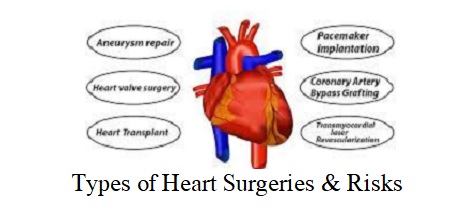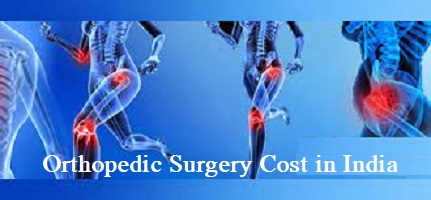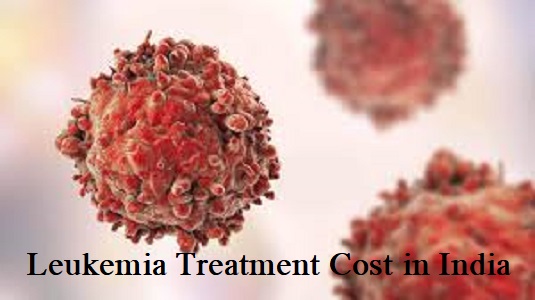According to World Health Organisation (WHO) Coronavirus disease (COVID-19) is a respiratory illness caused by a newly discovered coronavirus. As per the researches this virus spreads primarily through droplets of saliva or discharge from the nose when an infected person coughs or sneezes.
At this time, there are no specific vaccines or treatments to get rid of this new virus Covid-19. However, there are many ongoing clinical trials evaluating potential treatments that are in process in order to treat the many patients who tested positive.
Here’s how the symptoms of Covid-19 goes Bad to Worse within a few Days:
Covid-19 shows very mild symptoms in the starting and it starts with fever, which is the most common symptom among patients who were tested, positive by the coronavirus that has swept across China.
As per the research nearly 140 patients at the Zhongnan Hospital of Wuhan University identified a typical pattern of symptoms associated with the virus, which causes a disease known as COVID-19. Approx 99% of the patients developed a high temperature, while more than half experienced fatigue and a dry cough and about a third also experienced muscle pain and difficulty breathing. There are also about 15% of patients who have gotten severe cases, and 5% have become critically ill.
The Progress of These Symptoms
- Day 1: The first day the patient runs fever and may also experience fatigue, muscle pain, and a dry cough. Some of of them may have had diarrhea or nausea one to two days before.
- Day 5: On the 5Th day the patient may have difficulty to breath (Shortness of Breath) – especially if they are older or have any preexisting respiratory disease.
- Day 7: It takes about 7 days, on average, before the patient is admitted to a hospital, according to the Wuhan University study.
- Day 8: Later at this point, the patient with severe cases (15%, according to the Chinese CDC) develop acute respiratory distress syndrome (ARDS), an illness that occurs when fluid builds up the lungs. ARDS is often fatal.
- Day 10: If the patient’s symptoms worsen, then this is the time in the disease’s progression when they’re most likely to be admitted to the ICU. These patients may probably experience abdominal pain and appetite loss than patients with milder cases.
- Day 17: On average, people who recover from the virus Covid-19 are discharged from the hospital after two-and-a-half weeks.
However, the early symptoms of Covid-19 might not come right after a person has been infected and people may have few to no symptoms in the very start. However, some become severely ill and can also die. If the person is tested positive by this virus he/she may only experience mild symptoms that can include fever, cough, and shortness of breath but once it progress the symptoms turn into more severe illness that can also result in the death of the patient. Those with more severe disease may have lymphopenia and chest imaging findings consistent with pneumonia. The exact incubation time is not certain; estimates range from 1 to 14 days. The risk of serious disease and death in COVID-19 cases increases with age and the symptoms can go bad to worse within a few days.















